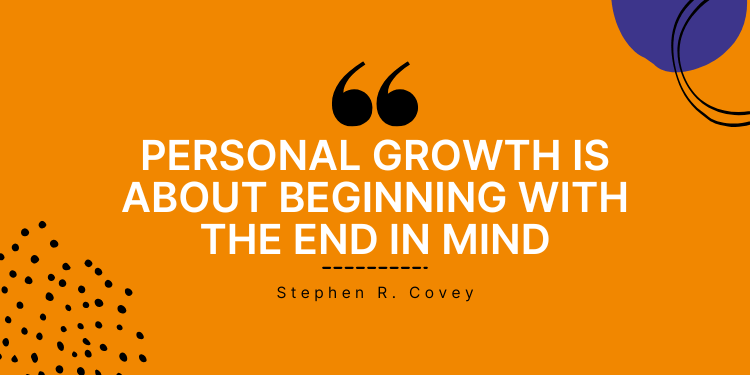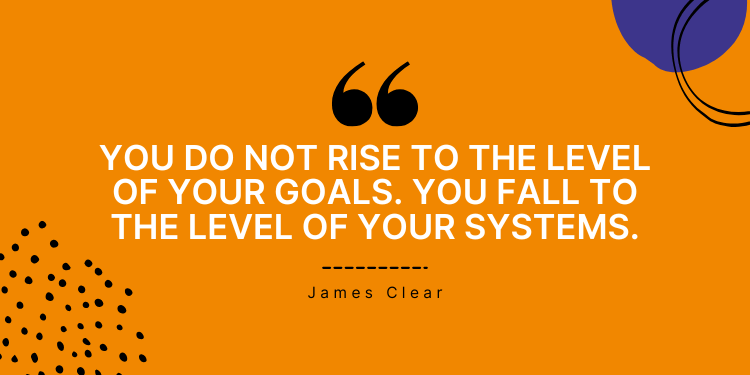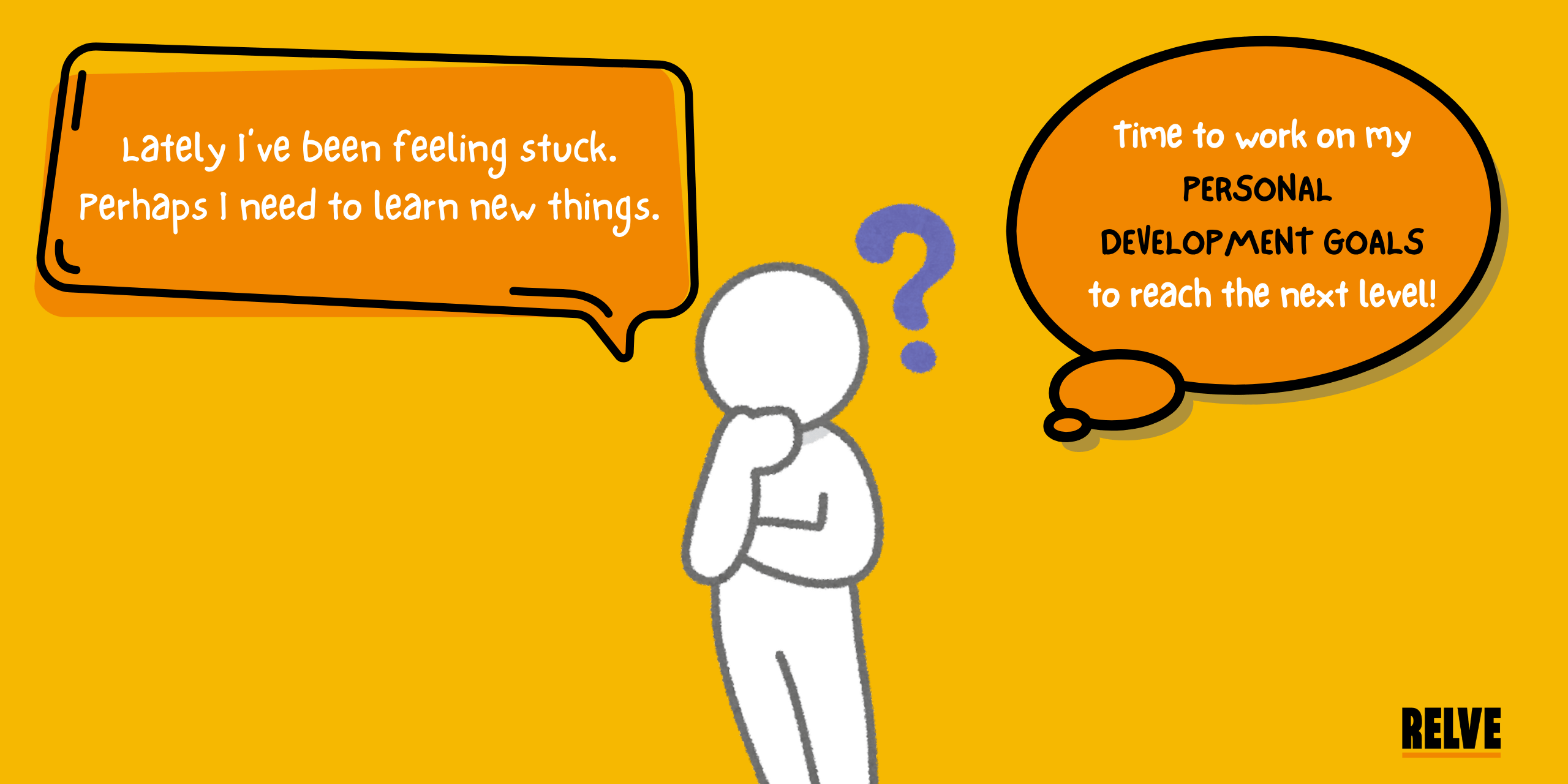Have you ever felt stuck in your career, wondering how to move forward or break through to the next level? Here’s what they don’t tell you – growth doesn’t happen by chance – it happens by choice. Personal development goals act as a roadmap, guiding you toward a more successful and fulfilling professional journey.
Whether you’re seeking clarity, confidence, or career advancement, setting the right goals can be the game-changer that transforms your potential into reality.
This guide will show you how to craft meaningful personal development goals, and provide real-world examples that will inspire and empower you to take action.
Let’s unlock your full potential – one goal at a time.
What Are Personal Development Goals?
Structured objectives that help individuals enhance their skills, mindset, and overall well-being are personal development goals. These goals can range from improving leadership abilities to learning new skills and increasing self-awareness.

The Importance of Setting Goals for Personal Development
Why should you focus on setting personal growth and development goals?
| Benefit | Description |
|---|---|
| Clarity and Direction | Goals help you stay focused and motivated. |
| Skill Enhancement | They allow you to refine existing skills or acquire new ones. |
| Career Growth | Whether you’re an employee, entrepreneur, or leader, having goals increases your chances of success. |
| Accountability | Setting goals helps you measure progress and stay committed. |
This means that setting clear SMART goals for personal development is crucial to achieving them.
How to Set Personal Development Goals
If you’re wondering how to set these goals, follow these five essential steps:
Ideas for Personal Development Goals
If you’re looking for ideas, here are some key areas to focus on:
These examples align with the importance of setting goals as they contribute to both personal growth and career success.
Personal Development Goals for Work Examples
Want to set goals for work? Here are some that you can implement:
| Focus Area | Action |
|---|---|
| Boost Productivity | Improve efficiency by setting daily work priorities. |
| Improve Leadership Skills | Read leadership books and take leadership training. |
| Develop Emotional Intelligence | Practice self-awareness and empathy at work. |
| Strengthen Decision-Making Skills | Engage in problem-solving exercises. |
| Advance Technical Knowledge | Stay updated with industry trends and innovations. |
By incorporating these goals, you can accelerate professional growth and career success.
Personal Development Goals for Leaders and Managers
For leaders and managers, setting clear development goals not only enhances personal growth but also strengthens their ability to inspire, guide, and support their teams.

The following goals are designed to help leaders sharpen their skills, increase self-awareness, and lead with greater confidence and impact.
For Leaders
According to a report, 60% of millennials want to learn leadership skills. Leadership requires continuous growth, both professional and personal.
Goals for leaders should include:
- Building a Culture of Trust – Encourage transparency and integrity in leadership.
- Developing Coaching Skills – Mentor and guide employees for professional growth.
- Encouraging Innovation – Inspire creativity and out-of-the-box thinking in the team.
For Managers
If you’re a manager, your goals should focus on:
- Effective Delegation – Empower employees by assigning responsibilities wisely.
- Conflict Resolution – Learn strategies to handle workplace disagreements.
- Improving Team Collaboration – Foster teamwork and collective problem-solving.
By setting these goals, managers can build strong, productive teams.
Short-Term vs. Long-Term Personal Development Goals
Understanding the balance between short-term and long-term personal development goals is crucial for career growth.
Short-Term Goals
- Attend a Workshop or Training – Learn something new that adds immediate value.
- Read One Professional Book Per Month – Stay updated with industry trends.
- Improve Work-Life Balance – Set boundaries to maintain well-being.
Long-Term Goals
- Earn an Advanced Degree or Certification – Enhance expertise and career opportunities.
- Achieve a Leadership Position – Work towards leading a team or department.
- Become a Thought Leader – Establish authority in your industry through public speaking and writing.
By setting both of these goals, you ensure steady growth.
Overcoming Challenges in Personal Development
Setting goals is easy, but staying committed is challenging. Here’s how to overcome obstacles:
- Stay Accountable – Share your goals with a mentor or friend.
- Be Adaptable – Adjust your approach when faced with unexpected challenges.
- Celebrate Progress – Recognize small wins along the way.
Conclusion: Develop Your Personal Development Growth Plan Today
Developing your personal development growth plan is a critical step toward achieving meaningful progress in both your personal and professional life. By clearly defining your goals, identifying areas for improvement, and committing to consistent growth, you position yourself for long-term success.
Begin today – invest in yourself, and take control of your development journey with purpose and intention.
Still need help? Here’s how you can start:
- Write down your top three personal development goals.
- Create an action plan with specific deadlines.
- Track your progress and celebrate small achievements.
